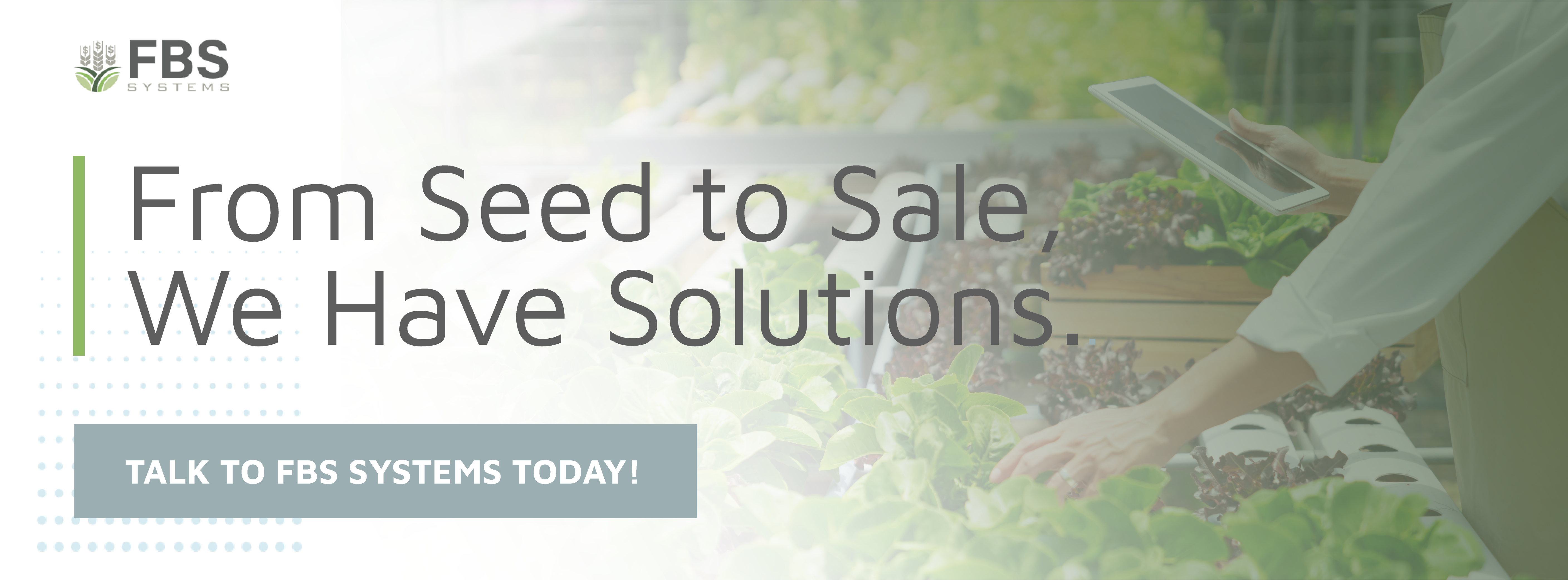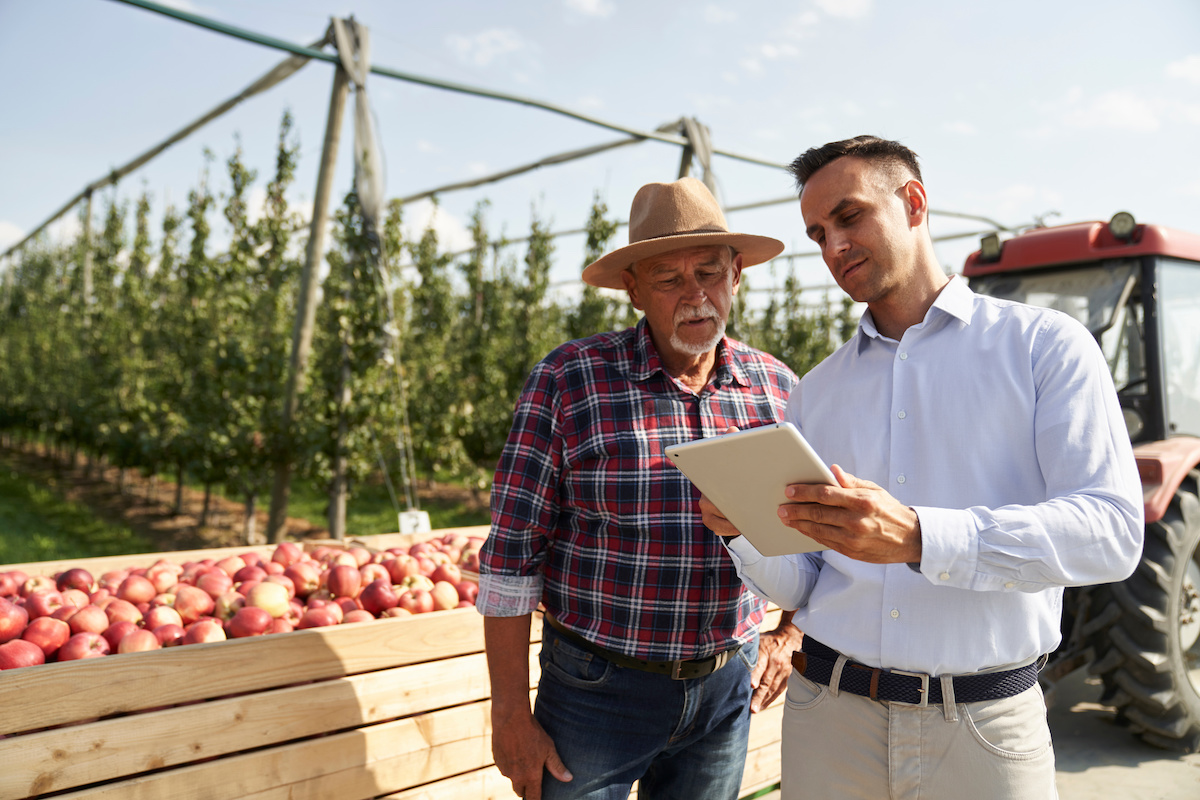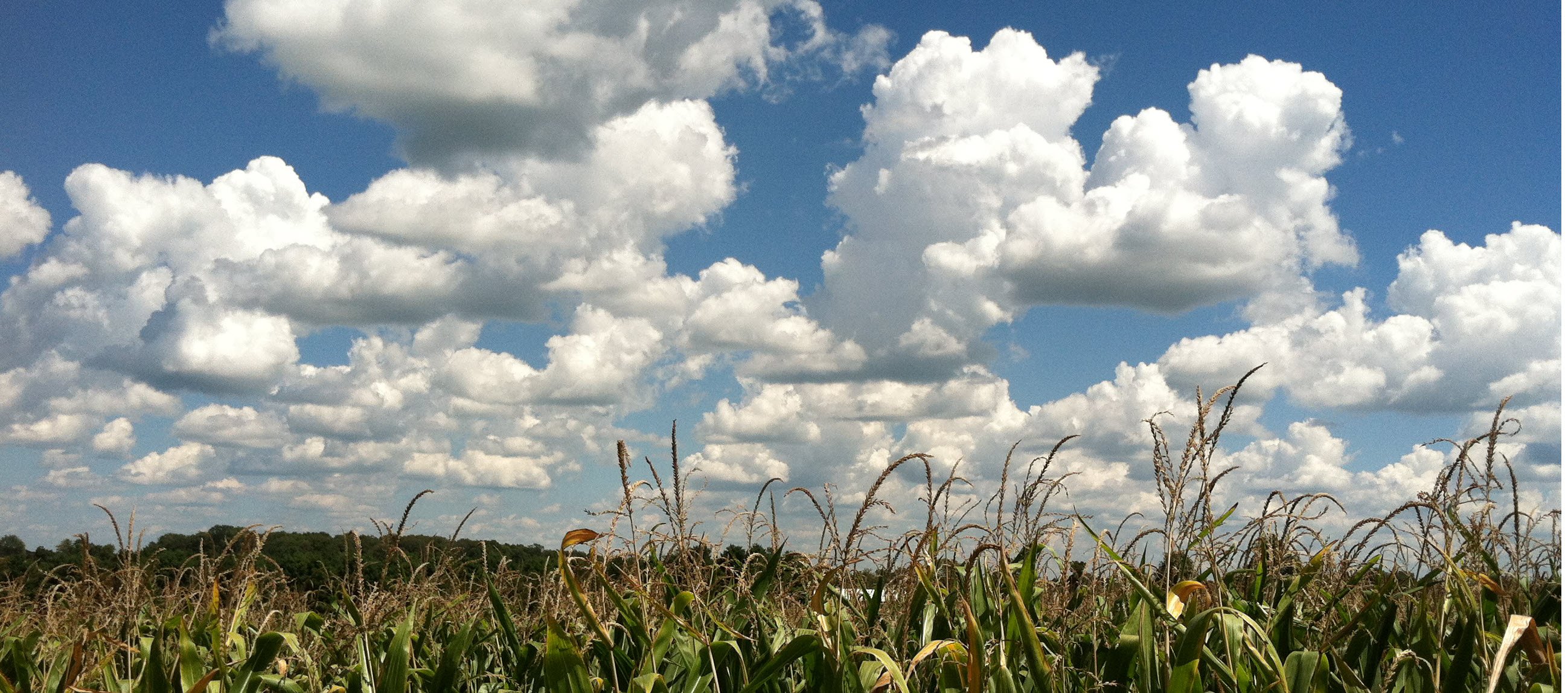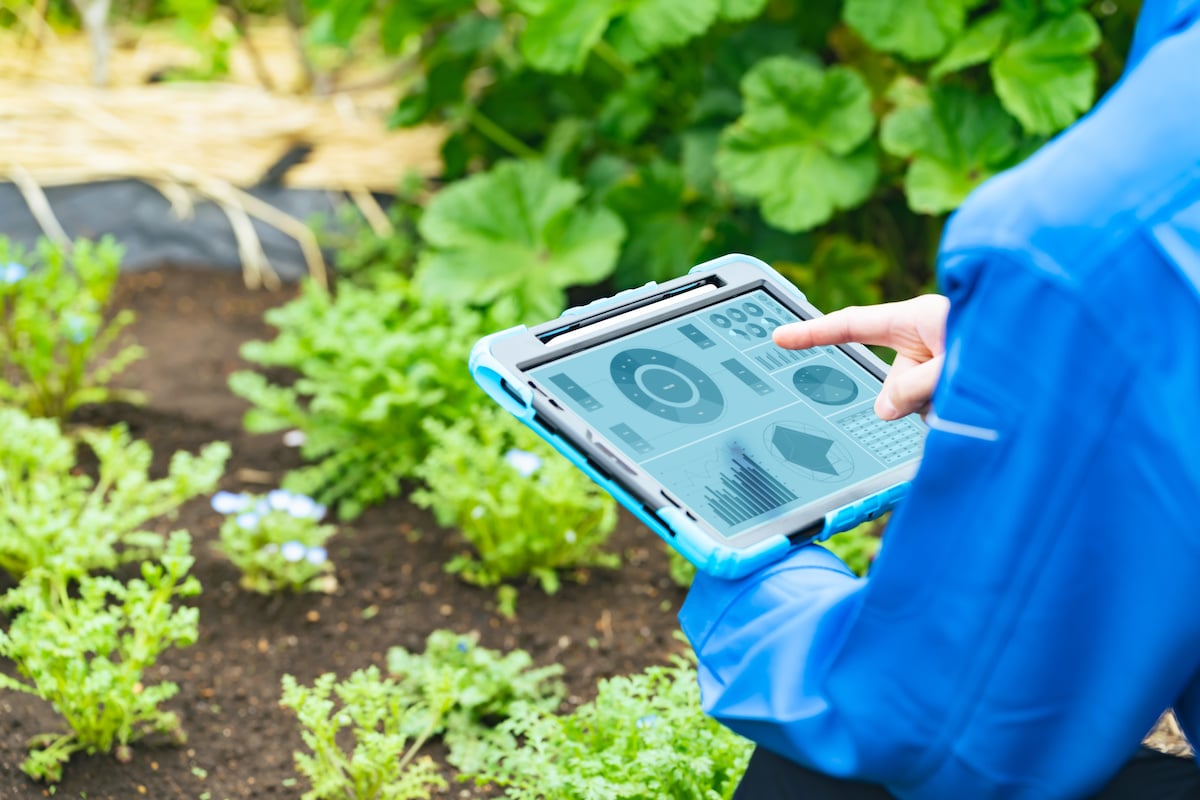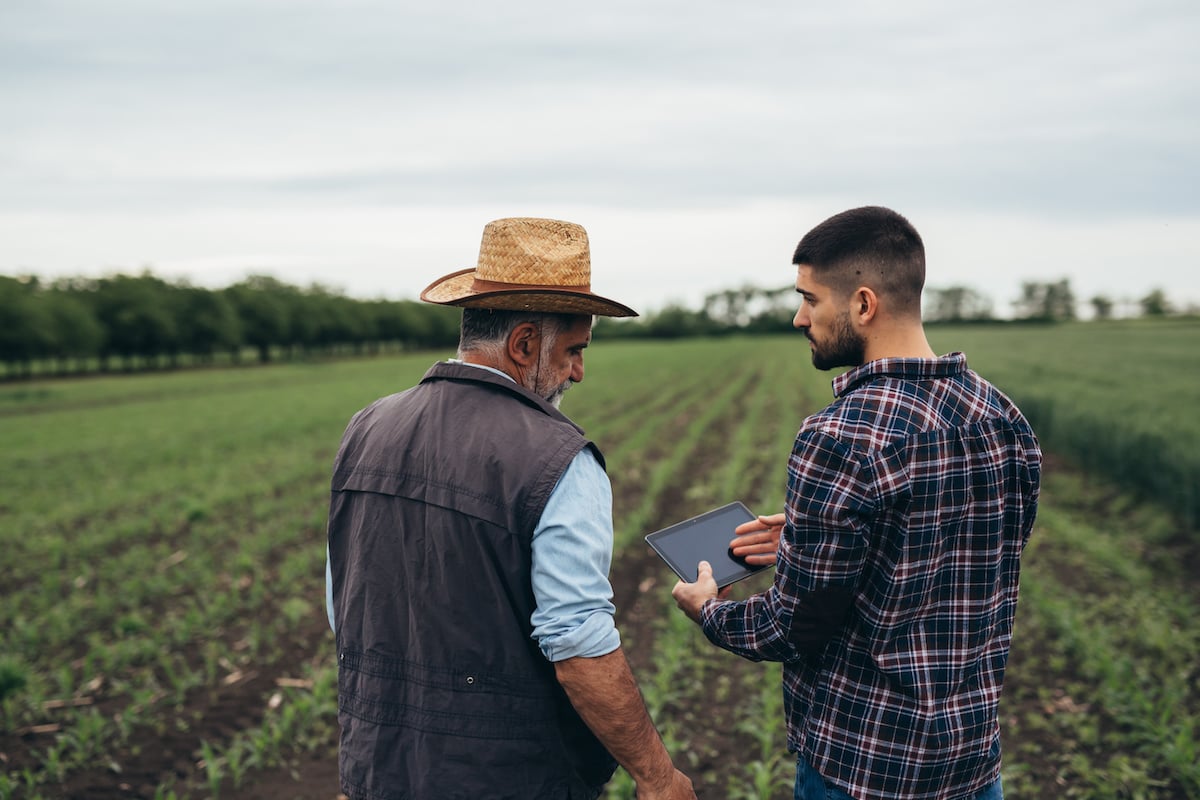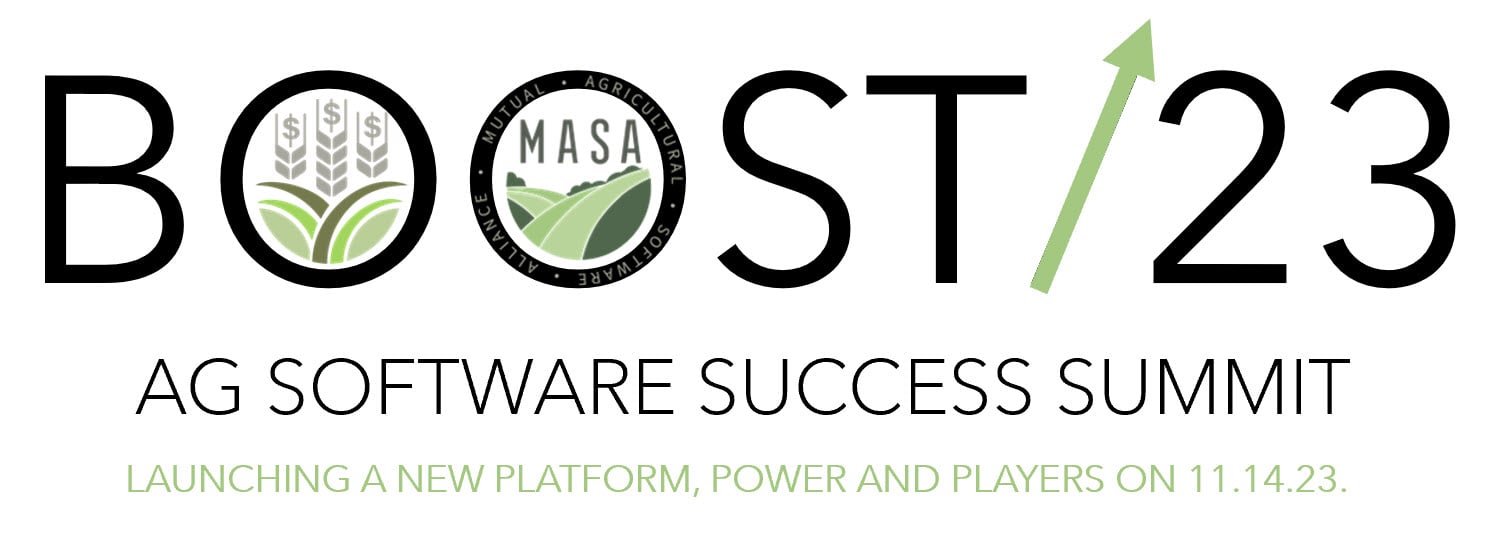Assets on the farm have value, but so does versatility. For decades, engineers have tried to find ways to increase the versatility of farm equipment and versatile products with multiple markets often reign supreme. Similarly, versatile team members who can move from task to task and handle a wide variety of responsibilities are coveted. The same should be true for your ag tech, specifically, the farm accounting software you use.
When it comes to agricultural accounting, keeping accurate records and tracking data is essential. It’s just one of several steps you can take to improve your farm accounting processes.
Quick Links
What is Farm Accounting?
Because farm finances rely so heavily upon cash, agricultural accounting is unique. While there’s a reliance on cash, for tax and reporting purposes, farm accountants also need to be able to use standard accrual accounting. For farm management, you’ll need farm accounting software that can handle both and can connect the data where and when it’s needed.

Farm Accounting Challenges
Because of the unique needs of farm accounting, it also means unique challenges. In addition to the need for both cash and accrual accounting, agricultural accounting software also has to be able to handle:
- Overlapping production and market cycles
- Dual units of measurement
- Asset valuation
- Complex management of segments and cost centers
In addition to those financial tracking and reporting concerns, farm accounting also has to help your farm management team with financial forecasting. That means being able to manage, predict, and forecast cash flow and budgeting. In other words, your farm accounting software should help you be prepared for market changes as well as seasonal fluctuations. The ability to accurately forecast finance across production cycles and fiscal years is difficult, but it’s a challenge that farm accounting software needs to be able to handle.
8 Tips to Improve Farm Accounting
Owning and operating a farm or ranch is challenging in itself, so it really isn’t surprising that the accounting aspect presents its own challenges as well. Thankfully, there are some ways to overcome the obstacles and reduce operational friction related to financial forecasting and bookkeeping.
1. Monitor and manage your assets and budget closely
While your assets hold value, they also hold income potential. Your assets, from land to livestock, are what help produce revenue. That means gathering all the data you can and regularly reevaluating how assets are used and how well, or poorly, they’re performing. Changing conditions and changing markets may require a shift and keeping an eye on your books may provide early insights on shifts you’ll need or want to make in the future. Using farm ERP software can help this process as well, regularly providing valuable data to your accounting system.
As for your budget, we’ll first, this assumes you can and do develop an annual budget through your farm accounting software. As farm production and markets invariably change throughout the year you and your banker will need to know how these new conditions affect cash flow, profitability and revised strategies.
2. Track all of your expenses and keep up to date
You’ll miss the true value of farm accounting software if you wait until year-end or tax time to update your records. Real-time records help you guide your business rather than just providing a rear-view mirror record.
Not only should you be mindful of tracking all of your expenses, but you should do that when the expense is incurred to be sure it’s tracked. Often, when it comes to farm accounting, it’s easy to remember the big ticket items as well as the regular supply items, but when it comes to the back office, things can slip through the cracks. Stay up-to-date and track everything.
3. Reconcile bank accounts and inventories
The only way to trust your records is to reconcile them with the “real world.” Verify bank balances at least monthly and physical inventories at least quarterly.
4. Enforce consistent coding
If employees are involved in data entry make sure they understand your operation, terminology, classifications, and proper accounts. For example, is the product a fertilizer or herbicide? In what units is it purchased and applied? Where does it go? Which field or storage location? Is the unit price reasonable? Without internal training and policies, data entry will either stall out, get hopelessly tangled, or end up in a meaningless “Miscellaneous” / “General Farm” category. Lack of clarity in coding means lack of insight for decision making.
5. Pay attention to types of expenses
Not all expenses are created equal. Part of the goal of accounting practices is not just to provide accurate books for tax and reporting purposes, but to also help you forecast and budget. Given the volatility of the agricultural industry, fixed expenses are predictable and create more stability. In contrast, variable expenses are something to keep a close eye on as they can easily get out of hand. Working with vendors, suppliers, and others, as well as the right farm software, to help manage these can help you stick to a budget.
Finally, prepare for the unexpected. Periodic expenses are inevitable, but having funds allotted for those surprises can help you in the long run, especially when those costs are related to major assets such as farm machinery.
6. Keep a close eye on and track losses
Loss on the farm is inevitable. From livestock to natural disasters, the uncontrollable can happen but that doesn’t mean you should pay for it twice. When it comes to taxes, you want to be able to claim those losses and not pay taxes on the asset.
Additionally, paying attention to losses can help you with asset management. It can help you recognize potential patterns and take the necessary steps to mitigate risks.
7. Be patient
With agricultural production and marketing cycles sometimes spanning years, there can be a long learning curve before meaningful information is generated and the team gets comfortable with the accounting process.
8. Choose the right farm accounting software
Seems simple right? To find bookkeeping software? But as we mentioned above, not all accounting software is the same. When it comes to farm accounting you want to make sure your software can handle the nuances and challenges we’ve just covered.
More than that, you also want to choose software that does more than perform those basic tasks, you want software that supports your entire operation. Farm accounting software can save you the time and trouble of creating complex spreadsheets to manage the needs of bookkeeping, but farm ERP software can streamline and simplify all of your operations.
Imagine if your accounting software was fed real-time data from across your operations providing you with precise and accurate data, a dashboard to facilitate monitoring and reporting efforts, and the ability to respond proactively to changing needs? That is exactly what farm ERP software can do for you and your farm or ranch.
If you’re ready to talk about how your farm accounting software can do more work for you and, in turn, more work for your farm or ranch, reach out to the FBS Systems team. As farmers ourselves, we designed our software to do as much in your back office as farm hands do in the fields. Let’s talk.


